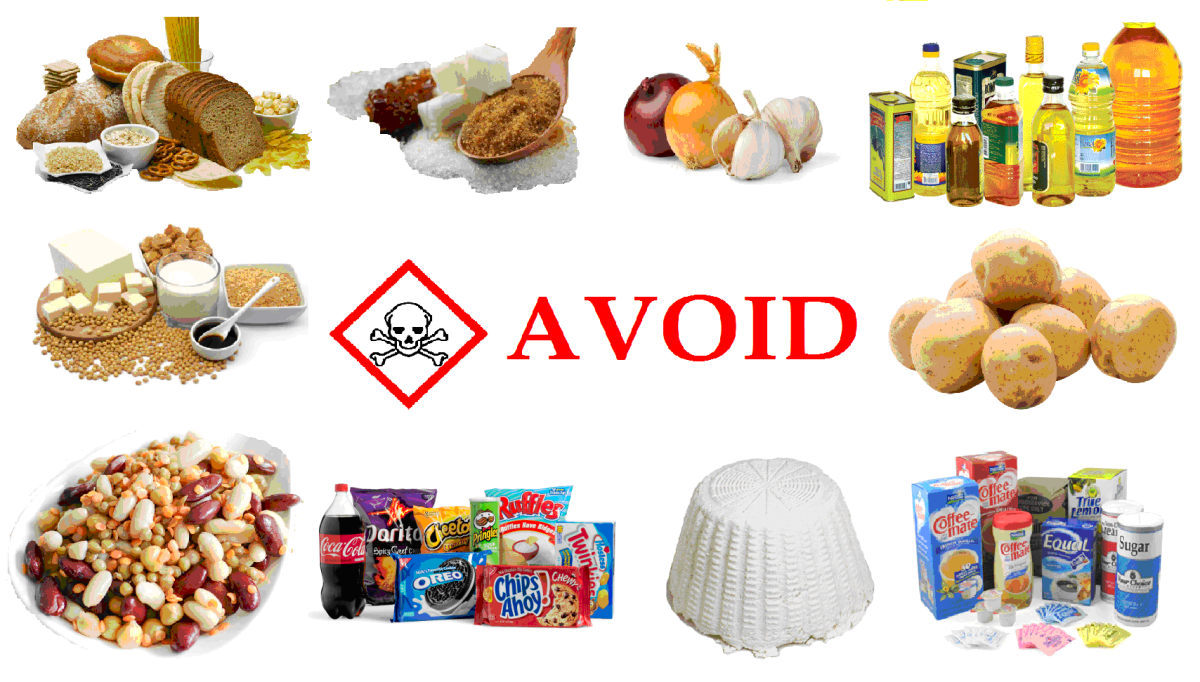“Deficiency of zinc accentuates copper excess.”11
Controlling Copper
Copper is an essential trace mineral, but it is needed only in minute amounts.
It works in a paired relationship with zinc, sometimes in complement and sometimes opposing.
Zinc is responsible for healthy immune function, protein and energy production, and enzymatic activity. It is also responsible for helping glucose metabolism convert sugars into ATP (adenosine-tri-phosphate). Without enough zinc, excessive glucose is stored in cells and can become food for yeast.
Copper is present in most foods, and is also absorbed from the environment.4,5 When zinc is present in abundance, and when there is enough quality protein available to bind it,6 copper can be handled freely, and the excess can be readily excreted trough the bile.7,8
When the diet is lacking in zinc and protein, however—and in fats to promote bile production —use of high-copper foods, and environmental copper, primarily ingested through our water, promote buildup of copper in our tissues.9
It works in a paired relationship with zinc, sometimes in complement and sometimes opposing.
Zinc is responsible for healthy immune function, protein and energy production, and enzymatic activity. It is also responsible for helping glucose metabolism convert sugars into ATP (adenosine-tri-phosphate). Without enough zinc, excessive glucose is stored in cells and can become food for yeast.
Copper is present in most foods, and is also absorbed from the environment.4,5 When zinc is present in abundance, and when there is enough quality protein available to bind it,6 copper can be handled freely, and the excess can be readily excreted trough the bile.7,8
The Bile Connection
By reducing copper foods, you allowing copper elimination. By zinc supplementation, I was mobilizing copper elimination. I reasoned that my gall bladder function had shut down from years of nearly fat-free eating.
Healing Foods
Fish is neutral from the copper-zinc viewpoint as well, as it does not contain great amounts of either copper or zinc.
While fish is valuable for its rich nutritional profile, especially essential fatty acids, and is especially digestible for those first adding more protein to their diet,96 it is important to begin using small amounts of land-based proteins as one becomes able to do so.
It is in part the mildly warming nature of chicken that makes it so good for digestion. Although eggs contain only .7 mg zinc per egg, their ratio of 7 to 1 zinc to copper is nearly ideal,97 and properly raised eggs are rich in many accessory nutrients needed to aid detoxification.
And red meats are among the most warming foods, with mutton and pork being especially recommended for the spleen.98 These land-based proteins are our richest and best-assimilated sources of zinc. Dark meat poultry and red meat contain the most fat in this group, and also significantly more zinc.99
Restoring Fat Metabolism
We know that vitamins A and D in animal fats are essential for the absorption of minerals.100
Improve fat digestion to begin to eliminate copper, and embrace the full range of healthy natural fats, especially fats that will provide the all-important fat-soluble activators.chronic-fatigue/
Improve fat digestion to begin to eliminate copper, and embrace the full range of healthy natural fats, especially fats that will provide the all-important fat-soluble activators.chronic-fatigue/
en/boron
What to eat with Copper Toxicity

- Eating more animal products
Animal products are the most concentrated source of zinc. In particular, we should eat more:
- Beef,
- Lamb,
- Chicken,
- Eggs,
- Eating more fat
Adding more fat into your diet will help with bile production and enable a clearer pathway for the excess copper to be excreted. Make sure that you are eating good quality fat, none of these chemically manufactured seed oils – that will just make your condition worse!
- Avoiding dairy products
So dairy doesn’t actually add copper to your body, but it does contribute to depleting your zinc levels and throwing your copper-zinc ratio further out of whack. It is especially detrimental to copper toxicity when dairy is eaten with foods high in phytates (rice and grain-based foods such as wheat bran, rice bran, whole wheat, corn, rye, oats and brown rice) as it dramatically decreases our body’s ability to absorb zinc.


- Avoid foods that further deplete zinc and/or increase copper
These foods include:
- Chocolate,
- Coffee,
- Sugar,
- Wheat,
- Soy,
- Avocados,
- Leafy greens,
- Sunflower seeds,
- Sesame seeds, and
- Beef liver.
Nutritiondata.com is an excellent website for analysing which foods have high levels of copper or a less than optimal zinc-copper ratio.
- Supplement with vitamin B12, methyl-folate, B6 and riboflavin b2 to support methylation.
molibdenum
| Tomatoes | 1 cup | 32.4 | 9.00 | 20 | 11.1 | excellent |
| Romaine Lettuce | 2 cups | 16.0 | 5.64 | 13 | 14.1 | excellent |
| Cucumber | 1 cup | 15.6 | 5.20 | 12 | 13.3 | excellent |
| Celery | 1 cup | 16.2 | 5.05 | 11 | 12.5 | excellent |
| Eggs | 1 each | 77.5 | 8.50 | 19 | 4.4 | very good |
| Carrots | 1 cup | 50.0 | 6.10 | 14 | 4.9 | very good |
| Bell Peppers | 1 cup | 28.5 | 4.60 | 10 | 6.5 | very good |
| Fennel | 1 cup | 27.0 | 4.35 | 10 | 6.5 | very good |
| Yogurt | 1 cup | 149.4 | 11.27 | 25 | 3.0 | good |
| Walnuts | 0.25 cup | 196.2 | 8.85 | 20 | 1.8 | good |
| Green Peas | 1 cup | 115.7 | 6.89 | 15 | 2.4 | good |
| Almonds | 0.25 cup | 132.2 | 6.78 | 15 | 2.1 | good |
vitamin B6